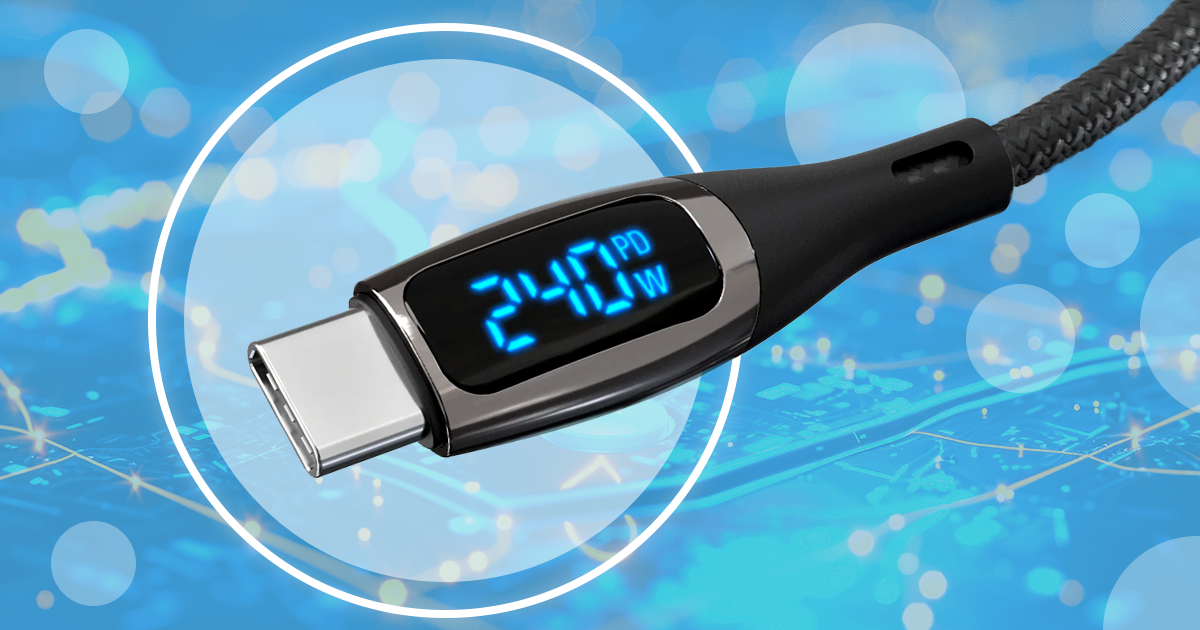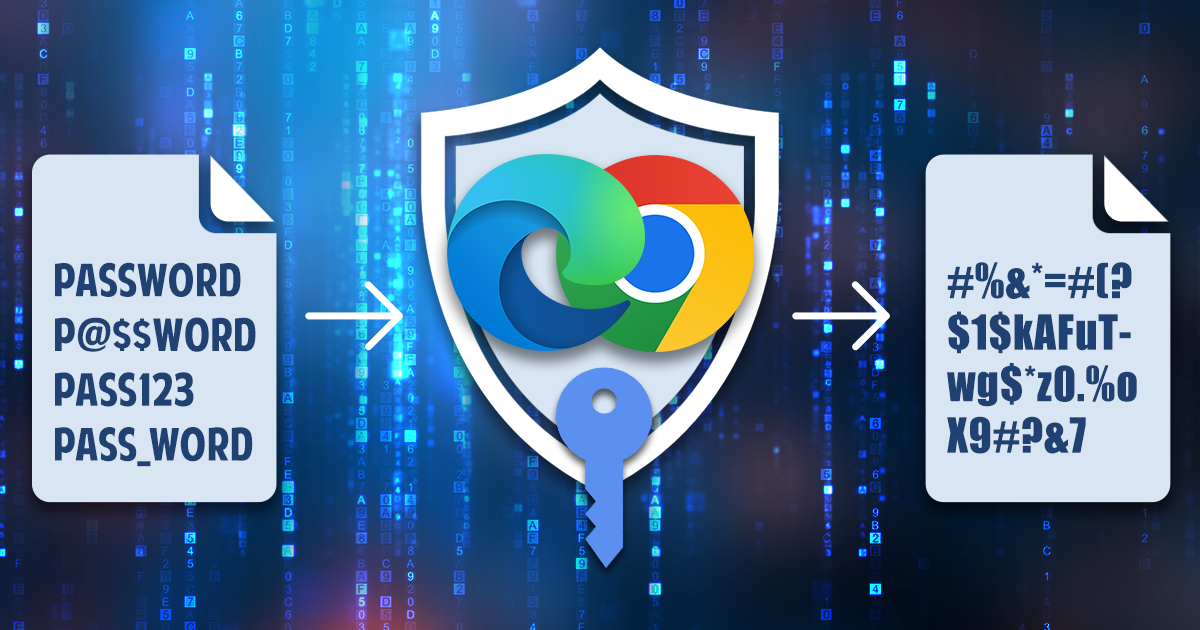While the iPhone is Apple’s bread and butter product, is not the only device produced by the company. We’ve got the Mac (in desktop and laptop variations), the complete range of tablets (the iPad line, which is arguably the best tablet range on the market), the music device (HomePod), the wearable (Apple Watch), and the Apple TV. In today’s article, we are going to cover data extraction from Apple TV and Apple Watch. They do contain tons of valuable data, and are often the only source of evidence.
If you are familiar with breaking passwords, you already know that different tools and file formats require a very different amount of efforts to break. Breaking a password protecting a RAR archive can take ten times as long as breaking a password to a ZIP archive with the same content, while breaking a Word document saved in Office 2016 can take ten times as long as breaking an Office 2010 document. With solutions for over 300 file formats and encryption algorithms, we still find iTunes backups amazing, and their passwords to be very different from the rest of the crop in some interesting ways. In this article we tried to gather everything we know about iTunes backup passwords to help you break (or reset) their passwords in the most efficient way.
Elcomsoft Distributed Password Recovery, Elcomsoft iOS Forensic Toolkit, Elcomsoft Phone Breaker, Elcomsoft Phone Viewer, iCloud, iOS, iOS backups, iTunes, iTunes backups, jailbreak, keychain
Jailbreaking is used by the forensic community to access the file system of iOS devices, perform physical extraction and decrypt device secrets. Jailbreaking the device is one of the most straightforward ways to gain low-level access to many types of evidence not available with any other extraction methods.
Unless you’re using GrayShift or Cellebrite services for iPhone extraction, jailbreaking is a required pre-requisite for physical acquisition. Physical access offers numerous benefits over other types of extraction; as a result, jailbreaking is in demand among experts and forensic specialists.
There has been a lot of noise regarding GrayKey news recently. GrayKey is an excellent appliance for iOS data extraction, and yes, it can help access more evidence. As always, the devil is in the detail.
The new generation of jailbreaks has arrived for iPhones and iPads running iOS 12. Rootless jailbreaks offer experts the same low-level access to the file system as classic jailbreaks – but without their drawbacks. We’ve been closely watching the development of rootless jailbreaks, and developed full physical acquisition support (including keychain decryption) for Apple devices running iOS 12.0 through 12.1.2. Learn how to install a rootless jailbreak and how to perform physical extraction with Elcomsoft iOS Forensic Toolkit.
The two recent jailbreaks, unc0ver and Electra, have finally enabled file system extraction for Apple devices running iOS 11.4 and 11.4.1. At this time, all versions of iOS 11 can be jailbroken regardless of hardware. Let’s talk about forensic consequences of today’s release: keychain and file system extraction.
Many thanks to Roman Morozov, ACELab technical support specialist, for sharing his extensive knowledge and expertise and for all the time he spent ditching bugs in this article.
WhatsApp remains one of the most popular instant messengers. With more than 1.5 billion users and about half billion daily active users, WhatsApp sends over 100 billion messages per day. WhatsApp is secure thanks to end-to-end encryption to make intercepted messages impossible to decrypt. While this is great news to consumers and privacy advocates, it is also bad news for the law enforcement. Once an expert accepts to access the suspect’s WhatsApp communication history, they will struggle with the encryption and demand for a vendor-provided backdoor (WhatsApp: The Bad Guys’ Secret Weapon).
In Apple’s world, the keychain is one of the core and most secure components of macOS, iOS and its derivatives such as watchOS and tvOS. The keychain is intended to keep the user’s most valuable secrets securely protected. This includes protection for authentication tokens, encryption keys, credit card data and a lot more. End users are mostly familiar with one particular feature of the keychain: the ability to store all kinds of passwords. This includes passwords to Web sites (Safari and third-party Web browsers), mail accounts, social networks, instant messengers, bank accounts and just about everything else. Some records (such as Wi-Fi passwords) are “system-wide”, while other records can be only accessed by their respective apps. iOS 12 further develops password auto-fill, allowing users to utilize passwords they stored in Safari in many third-party apps.
Apple, EDPR, EIFT, Elcomsoft Distributed Password Recovery, Elcomsoft iOS Forensic Toolkit, Elcomsoft Phone Breaker, Elcomsoft Phone Digger, Elcomsoft Phone Viewer, EPB, EPD, iCloud, iOS, iTunes, jailbreak, keychain, Keychain Access, macOS


